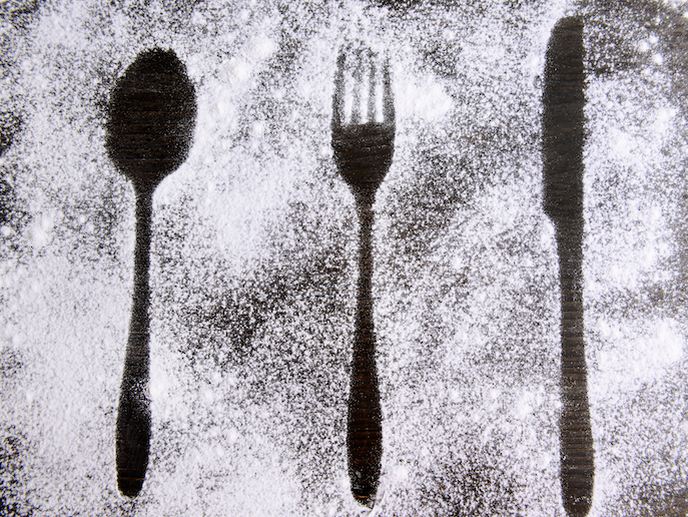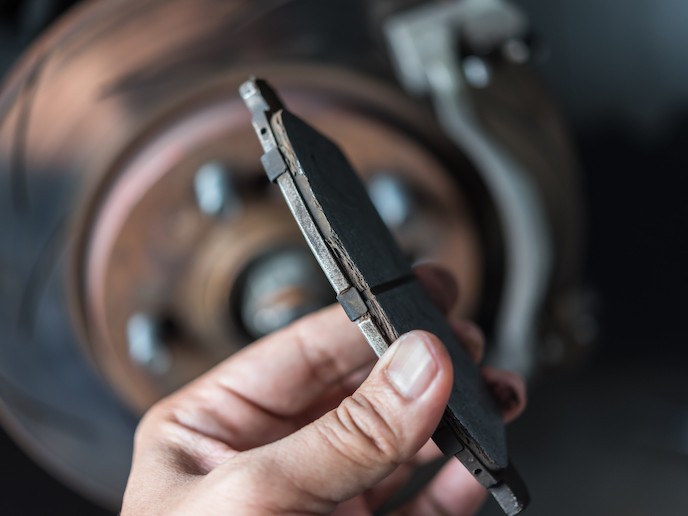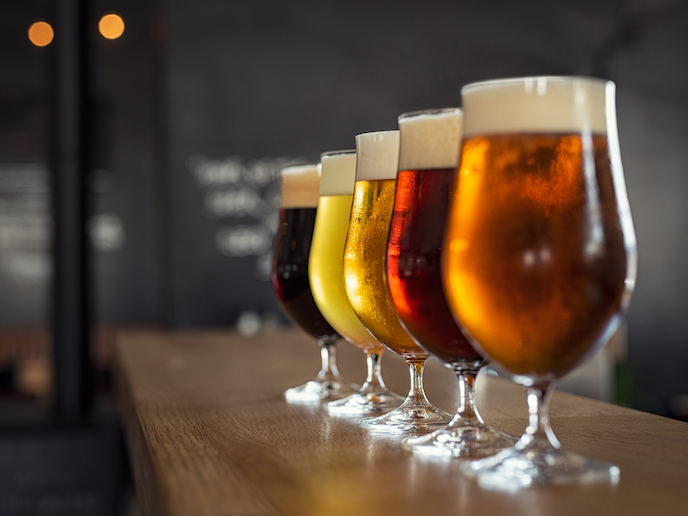Turning beer waste into eco-friendly knives and forks
Many of us have already used eco-friendly cutlery: whether it’s single-use bamboo or wooden knives and forks or recyclable plastic spoons and the like, these objects have become the preferred choice for various food outlets all over Europe. Some of the single-use solutions available on the market still contain polylactic acid (PLA) and crystallised polylactic acid (CPLA) – compounds that require the use of industrial composting facilities to ensure they are biodegradable. Enter the EU-supported FriendlyKnife project, whose aim is to use beer waste to produce cutlery that is fully biodegradable and compostable. As project coordinator (and FriendlyKnife board member) Joanna Krajewska puts it: “We want to develop a product that can literally decompose in your garden.”
Strange brew
When beer is brewed, one of the key residues produced is brewers’ spent grain (BSG), which constitutes approximately 85 % of the total by-products of the brewing industry. FriendlyKnife’s goal is to use BSG as the basis for creating a mixture that could then be used to produce single-use cutlery items. At first glance, the production process behind the mixture looks straightforward: spent grains are wet, so they are pressed under very high pressure before being mixed with other (natural) ingredients to produce a unique mixture that is then moulded. “Naturally, the devil is in the detail,” Krajewska explains. “We have to find the correct shape for the mixture and make sure the production process is adapted to it in order to create the items we have in mind.”
Beer coasters and beyond
So far, the project has achieved the goals it had set under the Phase 1 stage, namely creating several mixtures and selecting (after proper testing) the one best adapted for future cutlery production. FriendlyKnife has prepared samples that have been tested to check how they behave in terms of fragility, flexibility and strength, and is now close to being able to produce beer coasters. This is an essential first step towards producing fully fledged cutlery items as well as plates and cups further on down the line. Producing cutlery is tricky however and often requires the addition of PLA and/or CPLA to be completed successfully. But Krajewska is confident her team will be able to manufacture cutlery items without any addition of PLA or with the smallest amount possible to create a genuinely eco-friendly product. Though the goal of producing these more elaborate items is ambitious, FriendlyKnife has already attracted the attention and support of major beer producers. “They confirmed that our idea fits perfectly with their market needs,” Krajewska says. “Our next aim is to further perfect the production process while fine-tuning the design of our products.”
What is brewing for the future?
The products now need to be tested in real conditions. The next phase in the project aims to further refine the production process, making it even more attractive to stakeholders. Krajewska and her team are also keen not to forget what she calls the ‘final link’ in the chain of users – meaning you and me. “We also plan to conduct some tests ‘on humans’ further down the line,” she concludes.
Keywords
FriendlyKnife, eco-friendly, single-use, cutlery, waste, brewers’ spent grain





